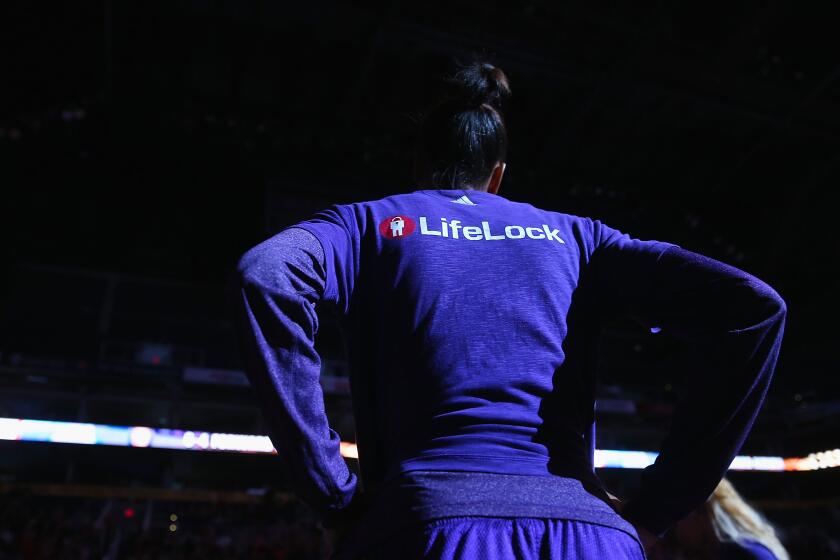How a Roth IRA rollover can cause unforeseen problems

Dear Liz: I have been contributing to my young adult children’s Roth IRA accounts for the past few years to get them started on retirement savings. My oldest just left her first job to go back to graduate school. Since her income will be low this year, I advised her to roll her defined contribution plan with her former employer into her Roth IRA to consolidate her retirement savings. Will this conversion affect the maximum amount that I can contribute to her Roth beyond the usual rules on maximum contributions?
Answer: A conversion could do more than affect her ability to contribute to a Roth. It also could inflate her tax bill, reduce her eligibility for financial aid and affect any health insurance subsidies she’s receiving. A conversion could still be a smart move because Roth IRAs offer tax-free withdrawals in retirement, but she should understand all the implications before following your advice.
The amount your daughter converts from her 401(k) or other defined contribution plan would be considered a taxable distribution and treated as income. That could affect her eligibility for tax breaks, such as education tax credits and Affordable Care Act subsidies, as well as her ability to contribute to a Roth. (In 2023, the ability for an individual to contribute to a Roth phases out between modified adjusted gross incomes of $138,000 to $153,000.)
Also, to be eligible to make a contribution, she must have earned income at least equal to the amount she (or you) plan to contribute. Retirement plan distributions aren’t considered earned income so she would need wages, salary, tips, bonuses, commissions or self-employment income to qualify.
The conversion could affect her financial aid in future years. Federal aid calculations are based on tax returns from two years prior, so her 2023 tax return could affect her aid if she’s still in school during the 2025-26 academic year.
Roth IRA or regular IRA? Starting a retirement account for your new grad is a great idea, but there are lots of things to consider as you set it up.
Also, she needs to figure out how she would pay the tax bill on the conversion. Converting a regular retirement account to a Roth can make sense if someone expects to be in a higher tax bracket later, but the math starts to fall apart if the retirement account itself has to be raided to pay the tax.
Your daughter should consult a tax pro who can review her situation and provide personalized advice.
Old uncashed insurance policies
Dear Liz: What advice can you provide to people when they stumble on old life insurance policies that may never have been cashed in?
Answer: My siblings and I have personal experience with this after coming across two policies in our late father’s papers. We learned one policy had indeed been cashed in, but the second — purchased in the 1930s, with a face value of $5,000 — was still in effect.
You typically can use a search engine to determine if the insurer is still in business or if it has changed its name or merged with another company. (Not surprisingly, the insurer that issued the 1930s policy had been involved in several mergers in the intervening decades, but it took just seconds for us to find the current incarnation.) If you’re having trouble tracking down the company, contact the insurance regulator in the state where the insurer was originally located.
Once you have the current insurer name and contact information, you can call and ask if the policy is still in force. If the policy has value, the insurer can instruct you how to make a claim.
Is identity theft insurance worth the expense? What do identity theft protection companies such as LifeLock and Aura do? Here’s what to consider.
Divorce survivors benefits and remarriage
Dear Liz: I am a divorced man receiving Social Security survivors benefits based on the earnings record of my ex, who has died. I am 63. Can I get married and continue to receive benefits?
Answer: Yes. People receiving survivors benefits can remarry at age 60 or later without losing their benefits.
Survivors benefits are based on the earnings record of a spouse or ex-spouse who has died. That’s different from spousal benefits and divorced spousal benefits, which are based on the earnings record of someone who is still alive. People receiving divorced spousal benefits can’t remarry without losing those benefits.
Liz Weston, Certified Financial Planner, is a personal finance columnist for NerdWallet. Questions may be sent to her at 3940 Laurel Canyon, No. 238, Studio City, CA 91604, or by using the “Contact” form at asklizweston.com.








